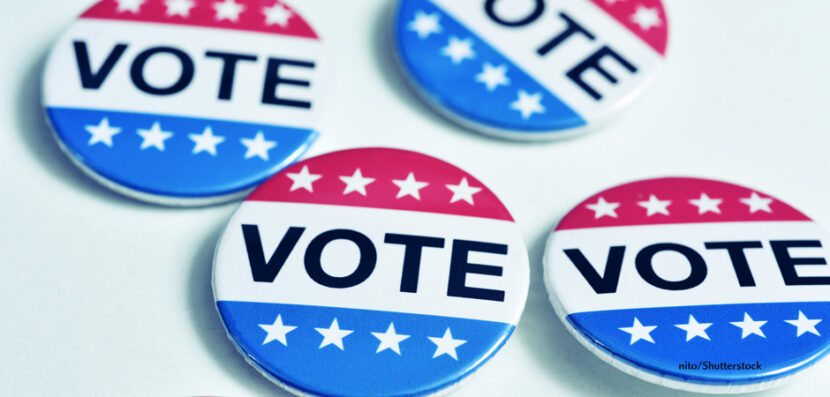New Rules for Digital Campaign Ads
With the national uproar over Russia using Facebook and Twitter to tamper with the 2016 presidential election, it’s no wonder that digital advertising has come under fire. Last Wednesday, the Federal Election Committee, or FEC, voted to go ahead with new rules for campaign digital media that require digital ads to become more transparent. The concept of transparency refers to how much information is revealed to the public. Making digital ads more transparent means that people will now know more about who paid for the ads and why.
What Is the FEC?
The Federal Election Commission is an independent agency created by Congress in 1975. It enforces laws on campaign financing. In other words, the FEC makes sure that campaign contributions are legal, and that candidates obey all laws regarding how their races are funded.
The FEC is made up of six members, who are appointed by the president and confirmed by the Senate. The Commission usually has a reputation for being very partisan–meaning that the Republican and Democratic members don’t usually agree on much. But this seems to be the rare case in which the two sides manage to agree. In fact, the proposal was brought by Republican chair Caroline Hunter and Democratic vice chair Ellen Weintraub.
So, What Does This Mean?
You’ve probably seen ads for political candidates on television or in magazines or heard them on that radio. You know that part that says who the ad is authorized or paid for by? That’s called the disclaimer. And up until now, it hasn’t been required for digital ads. The new regulation will require digital ads, including those on social media, to have this disclaimer. There are actually two different versions of the regulation which will be considered. They have the same basic premise but differ in the size and content of the disclaimers themselves. The FEC says that the goal is to improve transparency without over-regulating.
However, it’s also important to note that the only ads that require the disclaimer will be “express advocacy” ones–meaning, messages that directly support or attack specific candidates. Ads that focus on issues, without naming candidates, won’t require the disclaimer.
Why Is This Important?
Digital ads are a rapidly growing part of the campaign process. When Barack Obama ran for re-election in 2012, digital campaign spending was about $159 million. Sounds like a lot, right? Contrast that to the 2016 presidential election, just four years later, when digital campaign spending topped $1.4 trillion. And it’s projected to keep growing. In fact, it’s estimated that spending on digital media for campaigns will grow by 2,539 percent from 2014 to 2018.
What Happens Next?
The proposal, as it stands right now, is a draft. The FEC will hear comments from experts and from social media companies over the next sixty days, and there will be a public hearing on June 27. After that, the final version will be determined.



